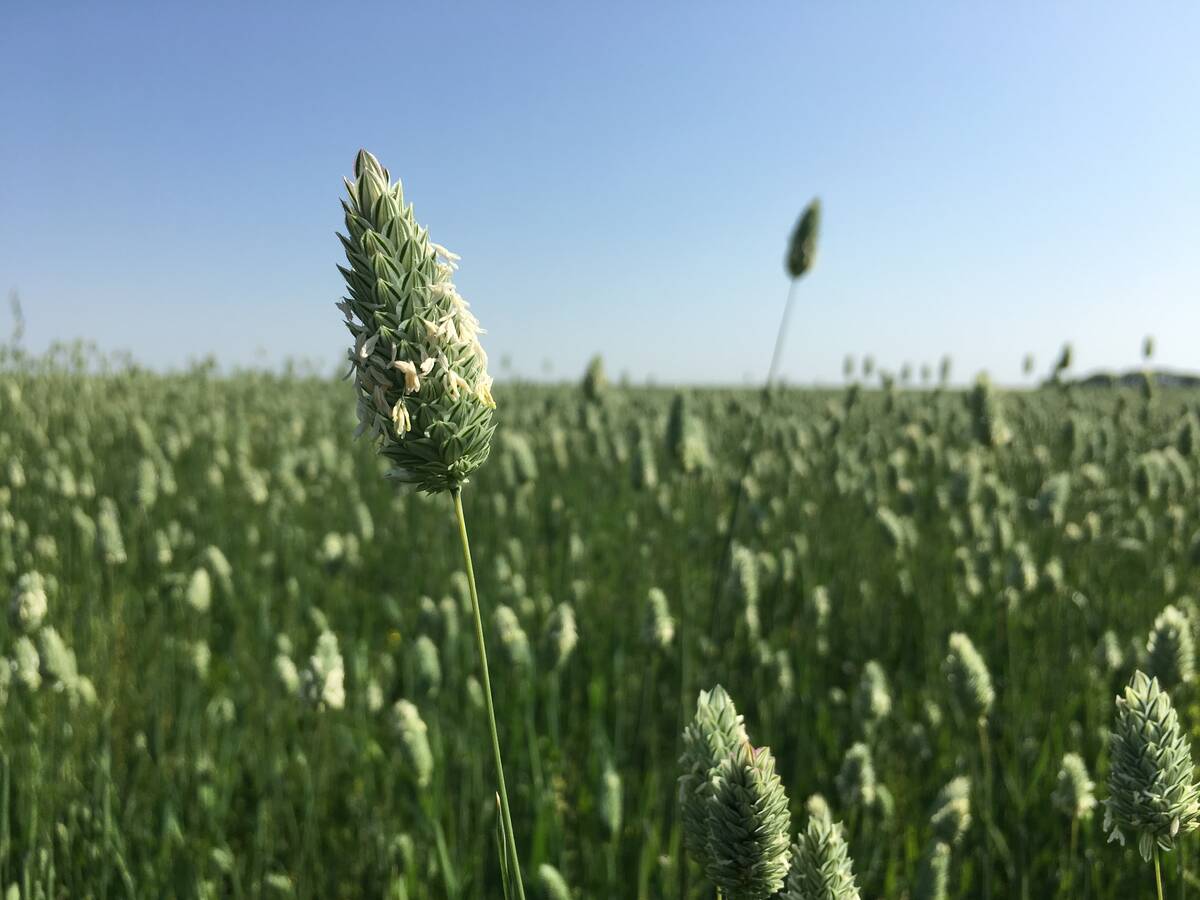CANCUN, Mexico – Out of the ashes of a failed World Trade Organization negotiation has come a proposed text for agricultural trade rule reform that has divided Canadian farmers.
Exporters and processors represented by the Canadian Agri-Food Trade Alliance are hailing it as the basis for a breakthrough in opening markets and reducing subsidies and protection.
“We are urging the government to work with this text and to try to improve it,” said alliance president and Alberta grain farmer Ted Menzies. “But we see this as important progress.”
Read Also

No special crop fireworks expected
farmers should not expect fireworks in the special crops market due to ample supplies.
For the Canadian Federation of Agriculture and its supply-managed members, the text was a dangerous development threatening the dairy, poultry and egg sectors with more import competition and lower protective tariffs.
“We have to use the months ahead to work on changing this text,” CFA president Bob Friesen, a Manitoba hog and turkey producer, said Sept. 14. He told Canadian trade officials the text as it is would “devastate” large and profitable sectors of Canadian agriculture.
Agriculture minister Lyle Vanclief is signalling that while it will try, Canada is unlikely to be able to totally protect supply management in this negotiation, given the WTO forces lined up against it. Those multibillion-dollar sectors almost certainly will face more imports, lower tariff support or possibly both.
“Whether we like it or not, that is a reality Canada will be dealing with,” he said. “Canada is not going to be alone and be able to all by ourselves write the text.”
One of the key supply management demands is that there be no lowering of high over-quota tariffs that now protect their industries.
“I have told Canadian supply management there is only one country in the WTO that wants zero changes in the over-quota tariff,” Vanclief told reporters shortly after trade talks collapsed. “That’s Canada.”
Although the text was not formally discussed in Cancun before talks collapsed Sept. 14 after five tense days, trade officials say it will become the basis for continuing bargaining when negotiators limp back to Geneva, Switzerland, in October. This was the second WTO negotiations to collapse in four years.
The ministerial meeting meant to give the negotiation some political urgency ended up throwing it into disarray.
Officially, the talks broke down in disagreements over the so-called Singapore issues – adding investment rules, competition policy, government procurement rules and trade facilitation rules to the already broad mandate of the Doha negotiating round.
However, serious disagreements over agriculture also marked the meeting and it is far from clear if negotiators could have bridged those gaps had they had the chance.
“There were still serious issues but I also think we were making some progress,” chief Canadian agriculture negotiator Steve Verheul said in a Sept. 15 interview. “I think we had a crack at it.”
He said informal discussions Sept. 14 in the hours before the end suggested other countries might be willing to add enough ambiguity to the text to at least allow Canada to continue fighting for adequate protection for supply management.
However, Vanclief indicated even if that happened, “we have a tough job ahead of us convincing others.”
The collapse of the talks all but guarantees the negotiating round will extend far beyond the scheduled Dec. 31, 2004, end.
The conference was influenced by the emergence of several groups of developing countries insisting that their concerns be accommodated. They scuttled the attempt to launch negotiations on the Singapore issues and a Group of 21 led by Brazil, India and China forced changes in agricultural proposals made by the United States and the European Union.
The G21 shoved the Cairns Group of exporting countries, including Canada, onto the sidelines, although the two groups share members and both support sharp subsidy reductions and an end to export subsidies and dumping.














